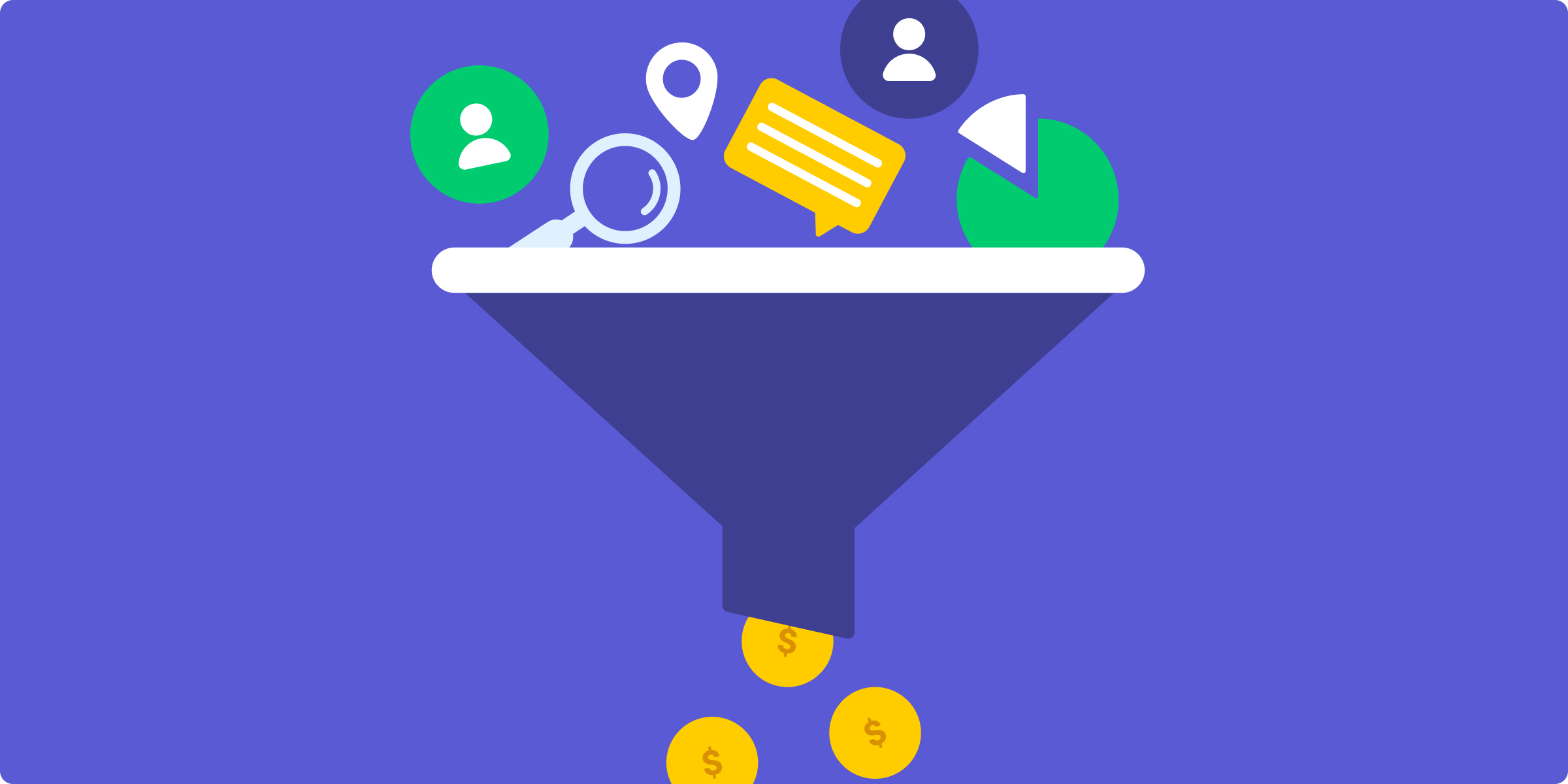In today’s world, managing finances can be a daunting task, especially when faced with multiple debts from different sources. Debt consolidation offers a solution to simplify this process, but it’s often misunderstood. Let’s demystify debt consolidation and explore how it can be a game-changer in your journey towards financial freedom.
What is Debt Consolidation?
Debt consolidation is the process of combining multiple debts into a single, more manageable loan. Instead of juggling multiple payments and interest rates, you consolidate your debts into one loan with a fixed or lower interest rate. This can make it easier to keep track of your finances and potentially reduce your overall monthly payments.
How Does Debt Consolidation Work?
There are several methods of debt consolidation, each with its own benefits and considerations. The most common approaches include:
- Personal Loans: You can take out a personal loan from a bank or online lender to pay off your existing debts. This allows you to consolidate multiple debts into a single monthly payment, often at a lower interest rate.
- Balance Transfer Credit Cards: Some credit card companies offer balance transfer cards with introductory periods of 0% interest. By transferring your existing credit card balances to one of these cards, you can consolidate your debts and save on interest payments during the introductory period.
- Home Equity Loans or Lines of Credit: If you own a home, you may be able to use its equity to consolidate your debts. Home equity loans or lines of credit typically offer lower interest rates than other forms of credit, making them an attractive option for debt consolidation.
Benefits of Debt Consolidation
Debt consolidation offers several potential benefits for those struggling with multiple debts:
- Simplified Finances: Instead of juggling multiple payments and due dates, debt consolidation allows you to make a single monthly payment towards your debts, making it easier to manage your finances.
- Lower Interest Rates: Depending on your credit score and the terms of your consolidation loan, you may be able to secure a lower interest rate than what you’re currently paying on your debts. This can save you money in the long run and help you pay off your debts faster.
- Fixed Repayment Schedule: With a consolidation loan, you’ll have a fixed repayment schedule, making it easier to budget and plan for future expenses.
- Potential Credit Score Improvement: By consolidating your debts and making consistent, on-time payments, you may be able to improve your credit score over time.
Considerations Before Consolidating Debt
While debt consolidation can be a valuable tool for managing your finances, it’s important to consider the following factors before proceeding:
- Total Cost: Calculate the total cost of the consolidation loan, including any fees and interest charges, to ensure that it’s a cost-effective solution for your situation.
- Budgeting Discipline: Consolidating your debts won’t solve underlying spending issues. It’s important to develop a budget and stick to it to avoid falling back into debt.
- Impact on Credit Score: While debt consolidation can potentially improve your credit score in the long run, applying for a new loan can initially cause a temporary dip in your score.
- Avoiding New Debt: Once you’ve consolidated your debts, it’s essential to avoid taking on new debt to prevent further financial strain.
Debt consolidation can be an effective strategy for simplifying your finances and reducing the burden of multiple debts. By understanding how it works and weighing the benefits against the considerations, you can make an informed decision that sets you on the path towards financial stability. If you’re considering debt consolidation, reach out to a reputable financial institution like GreenSprout for personalized guidance and support on your journey to financial freedom.
